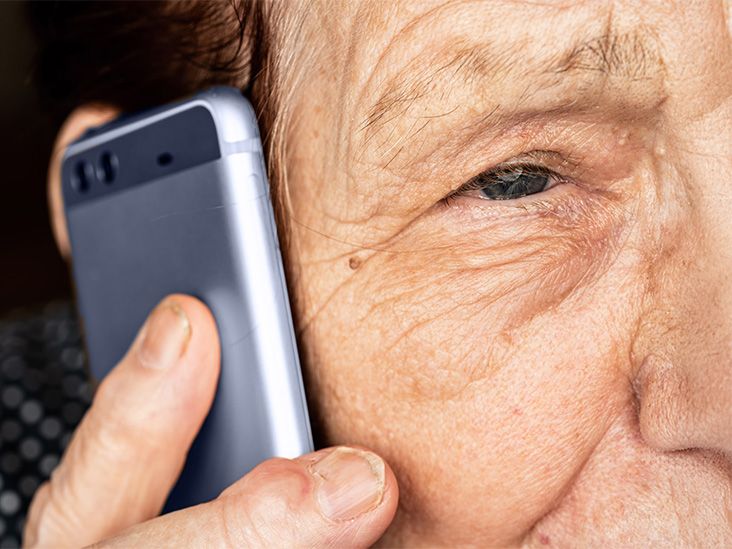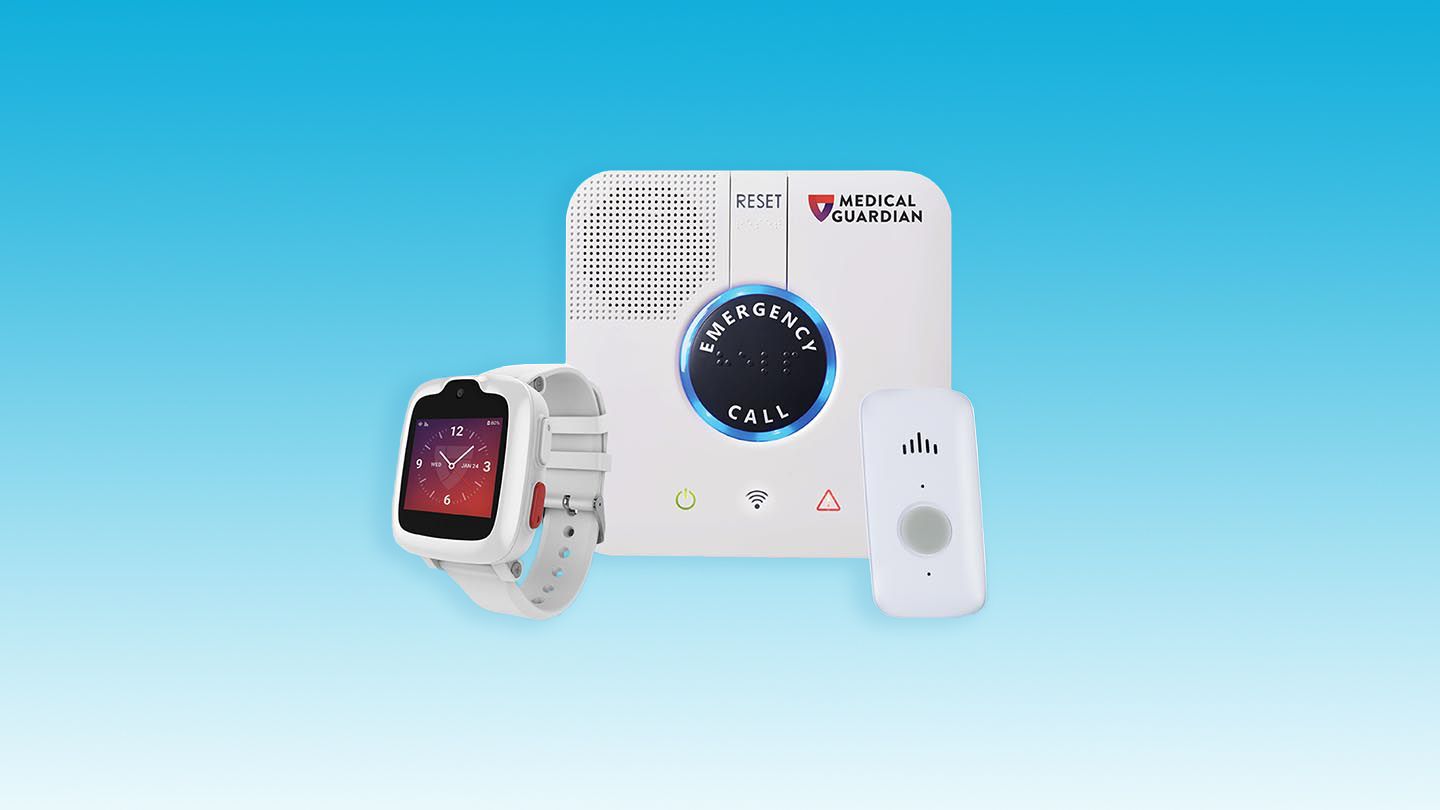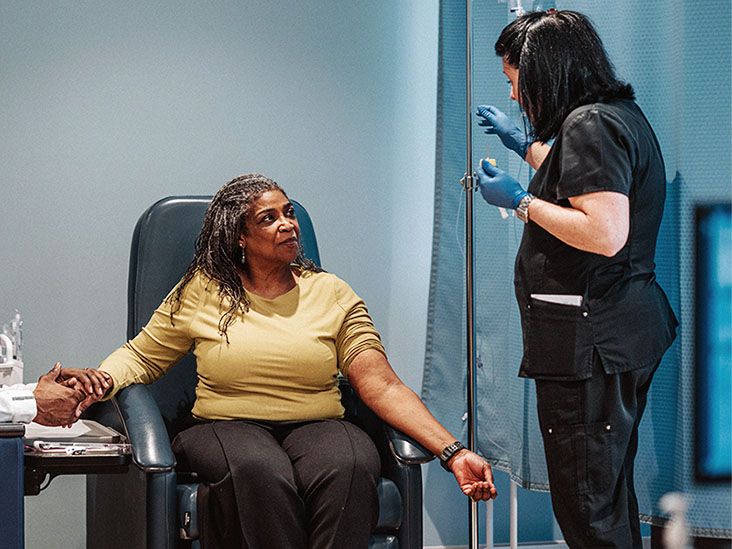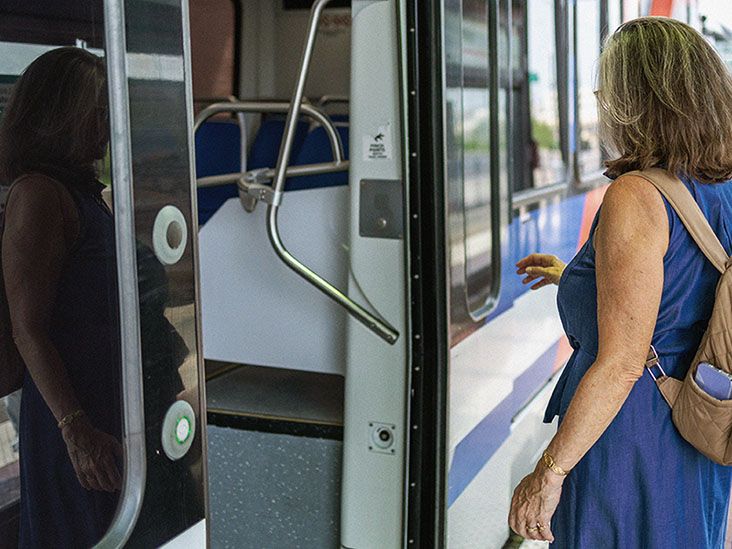Hey there! If you've ever found yourself staring at an Uber app wondering "will Medicare help with this ride?" you're definitely not alone. Getting to doctor's appointments shouldn't feel like solving a puzzle, especially when you're managing your health. Let me break this down for you in a way that's straightforward and, hopefully, a little relieving.
Here's the quick version: Original Medicare typically doesn't cover Uber rides. Butand this is a big butthere are some pretty cool exceptions and alternatives that might surprise you. Whether you're looking into regular ride shares or specialized medical transport, there are definitely ways to make those trips more affordable.
Original Medicare's Transportation Rules
Let's start with the basics. Original Medicare (that's Parts A and B) is pretty strict about what transportation it covers. Think of it like a bouncer at an exclusive clubvery particular about who gets in.
Generally speaking, Medicare only pays for emergency ambulance services. We're talking true emergencies where any other form of transport could be dangerous or life-threatening. So your routine doctor visits, pharmacy runs, or even trips to physical therapy? Those typically fall outside Medicare's coverage umbrella.
Now, here's where it gets interesting. In extremely rare cases, Medicare might cover non-emergency transportationbut only if your doctor provides solid documentation that you absolutely cannot travel by any other means due to a serious medical condition. Even then, you'd still be responsible for the usual 20% coinsurance after meeting your Part B deductible.
You might be wondering about that pesky Advance Beneficiary Notice (ABN) you've heard about. This is basically Medicare's way of giving you a heads-up that they probably won't pay for something. If you sign one and Medicare denies the claim, you're on the hook for the full cost. It's like getting a warning label that says "proceed at your own financial risk."
Medicare Advantage Changes Everything
Here's where things get exciting! Medicare Advantage plans (Part C) are like the cool cousin of Original Medicarethey have more flexibility and often come with extra perks.
Many Medicare Advantage plans do include transportation benefits, and yes, that can include rideshare services like Uber and Lyft. It's not universal though, so you'll want to check your specific plan details.
According to KFF's 2024 data, about 36% of individual Medicare Advantage plans include some form of transportation coverage. Even more impressive, a whopping 88% of Special Needs Plans (SNPs) offer these benefits.
Think about what this could mean for you. Instead of worrying about how you'll get to that important appointment, you might have a set number of rides included right in your plan. Some plans cover trips to doctor's offices, pharmacies, dialysis centers, and other medical appointments. Pretty neat, right?
How to Check Your Plan Benefits
Here's the thingI know plan documents can feel overwhelming, like trying to read a novel in a language you're still learning. But checking your transportation benefits doesn't have to be a headache.
Your best bet is to check your annual Evidence of Coverage (EOC) document. I know, I knowthose words probably make you want to take a nap. But this document is like your plan's instruction manual. Look for sections on "additional benefits" or "transportation services."
You can also log into your plan's member portal or mobile app. Many plans now partner directly with Uber Health or Lyft Concierge, making it as easy as booking any other ride. Some even let caregivers book rides on your behalf.
The simplest approach? Just call your insurance provider. Ask specifically about transportation benefits for non-emergency medical appointments. They're used to these questions, and getting a clear answer can save you from any unpleasant surprises later.
Beyond Medicare: Other Transportation Help
What if your Medicare Advantage plan doesn't include ride benefits? Don't throw in the towel just yet. There are several other resources that might be able to help.
Let's talk about Area Agencies on Aging (AAA). These local organizations are like community superheroes for older adults. They often provide subsidized or even free transportation services for seniors. Some offer door-to-door rides, while others operate like mini bus services that pick up multiple passengers heading in the same direction.
Public transportation options can also be surprisingly helpful. Many cities have Dial-a-Ride programs or paratransit services specifically designed for people who can't use regular buses or trains. These services are often income-based and surprisingly affordable.
And here's something that might warm your heartmany ride-sharing companies now offer specialized services for seniors. Companies like GoGoGrandparent and SilverRide act like a friendly middleman, helping you book rides without needing to navigate smartphone apps. Some even work directly with healthcare providers to coordinate transportation.
Real Stories, Real Solutions
Let me tell you about Maria, a wonderful 72-year-old I met at a community health fair. She has end-stage renal disease and needs dialysis three times a week. When she first started treatment, transportation was her biggest stressor. She was spending nearly $200 a month on rides to the dialysis center, which was eating into her grocery budget.
Then she switched to a Medicare Advantage plan that included Lyft rides as a benefit. Suddenly, those trips became free, and she even had extra rides for her regular doctor appointments. She told me it felt like "a weight had been lifted off her shoulders."
But not every story has such a happy beginning. John, a 68-year-old veteran, learned the hard way about checking coverage first. He assumed his Medicare would cover a ride to see a specialist, so he used Uber without verifying anything. When he got the billafter Medicare denied the claimhe was pretty upset. The lesson? Always, always confirm coverage before booking that ride.
Making Transportation Work for You
Here's what I want you to remember: knowledge is power, and a little preparation can go a long way. Each year during open enrollment, take a few minutes to review your transportation benefits. It's like doing a quick health check-up for your coverage.
If transportation is a major concern for you, consider it a key factor when choosing or switching Medicare plans. Sometimes paying a little more for a plan with extra benefits can actually save you money in the long run.
Don't hesitate to ask your doctor for help documenting transportation needs if you physically can't drive. This documentation can be crucial for accessing covered services or qualifying for assistance programs.
And if you do get denied coverage for a transportation service, don't just accept it. Review the denial letter carefully and consider filing an appeal. Sometimes a simple explanation or additional documentation can make all the difference.
Looking Ahead: Transportation Innovation
What's really exciting is how transportation for seniors is evolving. We're seeing more partnerships between healthcare providers and ride services, better integration with Medicare Advantage plans, and even pilot programs testing autonomous vehicles for medical transport.
Some plans are getting creative too. I've heard of programs that offer gas cards, public transit passes, or even bicycle-sharing credits as transportation benefits. The goal is making sure everyone can get the care they need, regardless of their mobility situation.
Technology is also playing a bigger role. Apps that coordinate transportation for medical appointments, services that allow family members to monitor ride status, and platforms that integrate directly with electronic health recordsare all becoming more common.
Your Transportation Strategy
So what's your game plan? Here's what I'd suggest:
First, take stock of your current situation. How often do you need transportation for medical appointments? What's that costing you now? Are you comfortable driving, or are you looking for alternatives?
Next, dive into your plan documents or give your insurance provider a call. Ask specific questions: How many rides are covered? What types of appointments qualify? Do I need pre-authorization?
Don't forget to explore local resources. Your Area Agency on Aging, local senior centers, and even religious organizations often have transportation programs that fly under the radar.
Consider keeping a simple log of your transportation expenses and medical appointments. This can help you identify patterns and make informed decisions about which plan or service works best for your needs.
The Bottom Line
Look, I get itfiguring out Medicare coverage can feel like navigating a maze blindfolded. But when it comes to transportation, you have more options than you might think.
While Original Medicare might not cover your Uber rides, Medicare Advantage plans, local programs, and transportation companies are working together to make medical transportation more accessible and affordable.
The key is staying informed, asking questions, and not being afraid to explore all your options. Your health is too important to let transportation barriers get in the way.
What's worked for you when it comes to medical transportation? Have you discovered any local programs or tricks that have made your life easier? I'd love to hear your experiences in the comments belowyour story might help someone else find the solution they've been looking for.
Remember, getting the care you need shouldn't be complicated by how you get there. With a little research and the right resources, those doctor visits can be one less thing to worry about.
FAQs
Does Original Medicare cover Uber rides?
No, Original Medicare typically doesn’t cover Uber or other ride-share services. Coverage is limited to emergency ambulance services only.
Can Medicare Advantage plans cover Uber rides?
Yes, many Medicare Advantage plans offer transportation benefits, including coverage for Uber and Lyft rides to medical appointments.
How do I check if my plan includes ride coverage?
Review your plan’s Evidence of Coverage document or contact your insurer directly to ask about non-emergency transportation benefits.
What are alternatives if Medicare doesn’t cover rides?
You can look into local programs like Area Agencies on Aging, public transit options, or specialized senior ride services for support.
Are there programs to help seniors with medical transportation?
Yes, programs like GoGoGrandparent, SilverRide, and local community services offer ride assistance tailored to seniors' needs.
Disclaimer: This article is for informational purposes only and does not constitute medical advice. Always consult with a healthcare professional before starting any new treatment regimen.
Related Coverage
Compare Michigan Medicare plans and choose the right coverage for your health needs. Get support and save money....
Planning ahead through legal documents, conversations, lifestyle changes, and finding support can help you and loved ones navigate end of life with peace and closure....
Know how to report death to Social Security and Medicare promptly. Get step-by-step help to avoid overpayments and learn about survivor benefits....
Learn how Medical Guardian medical alert systems work, pricing, features and more. Reviews and frequently asked questions to help decide if it's the right choice....
Check if Medicare cover cane costs, cane types, required prescription, and out‑of‑pocket share after the Part B deductible....
Blood pressure drawings use visuals to demonstrate physical concepts behind key measurements. Learn how these medical illustrations help diagnose issues and empower patient self-care....
Get clear info on South Dakota Medicare options, costs, and enrollment. Compare plans and find local help for 2025 coverage....
Get the facts on IV infusions Medicare coverage, including what's covered, out-of-pocket costs, and how to find approved providers....
Get free rides and Medicare transportation benefits for seniors. Learn how to access covered services and stay independent....
Find the best Medicare in Missouri options for your needs. Compare plans, costs, and coverage to make confident healthcare choices....









